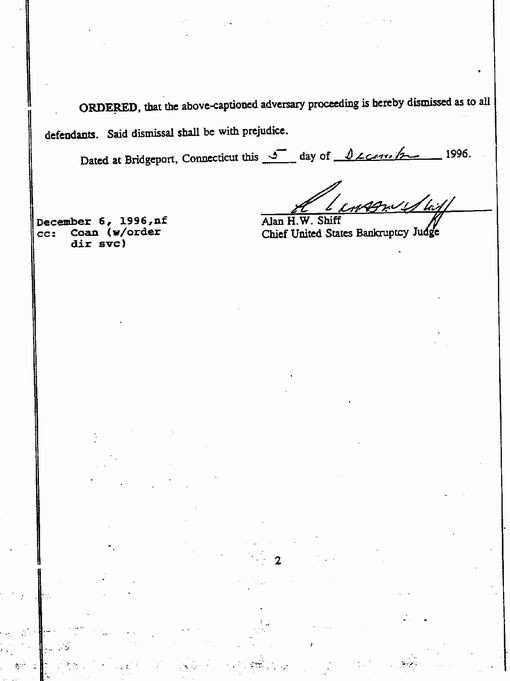Biotech investments hit a 15year low in the Washington region The Washington Post
Post on: 16 Март, 2015 No Comment

Biotechnology companies in the Washington region attracted less money from investors in 2014 than any other year since 1999, recent data show, even as the sector saw a significant increase in venture capital dollars in other parts of the country.
Local industry observers aren’t sounding alarms just yet. They say one down year, no matter how down it may be, doesn’t necessarily mean the region has fallen out of favor with life sciences investors.
Washington-area biotechnology companies collected $77.3 million during 2014, a 79 percent decline compared to the $368.7 million raised the prior year. The stark contrast may say more about 2013 being uncharacteristically flush, with three separate investments clocking in at more than $60 million each.
Still, 2014 was rough even when compared against other years. It was the smallest total sum since 1999, when biotechnology companies gathered $49.7 million. It is also the first time since 2003 that biotechnology investments dipped below the $100 million mark in a single calendar year.
The figures were released in a quarterly report published by the National Venture Capital Association and PricewaterhouseCoopers. Thomson Reuters supplied the data. The report defines greater Washington as Maryland, Virginia, West Virginia and the District.
“Based on what we see this isn’t something that we think people should be concerned about regarding this market,” said Brad Phillips, director of emerging company services at PricewaterhouseCoopers. “We don’t think the biotechnology investing market in this region has gotten significantly worse over the last 12 months.”
Fluctuations in biotechnology investments are not uncommon. The companies tend to need large sums of money, especially at their later stages, meaning just a handful of deals can skew the data. They also tend to be high-risk, high-reward deals that many investors don’t have the pocketbook or stomach to engage in.
But the decline in 2014 may be particularly confounding because the rest of the country performed so well. Venture capitalists poured nearly $6 billion into biotechnology companies across the country in 2014. That’s the largest amount raised since 2007 and the second-highest total in the history of the report.
“It’s very clear that the appetite for venture capital is coming back to medium and small companies, and I think the region will benefit from that over the next 12 months,” said Kenneth Carter, the president and chief executive of NexImmune and chairman of Noble Life Sciences. Gaithersburg-based NexImmune raised $3 million last July.
That appetite is driven in large part by the fact that an increasing number of biotechnology companies are going public. Investors feel more confident funding early stage companies when others have successful exits, such as an initial public offering or acquisition. When the economic downturn brought IPOs to a halt, investing slowed significant as well.
“There’s been terrific interest in biotech investing, in large part kindled by the IPO window that’s opened up for biotech companies,” said Justin Klein, a health care investor at New Enterprise Associates. “That receptivity by later stage and public market investors has only encouraged early stage venture capitalists and angels to invest in early stage start-ups.”
Indeed, the first month of 2015 is already showing signs that tides may be shifting. Gaithersburg-based Vtesse, a firm that makes treatments for rare diseases, announced a $25 million haul. District-based drugmaker Regenxbio followed less than two weeks later with a $30 million round.
“I’m bullish on the market for 2015 because I think there’s a lot of money sitting on the sidelines at this particular point in time,” said Richard Bendis, the president and chief executive at BioHealth Innovation, a Maryland nonprofit that promotes the state’s life sciences sector. “They’re looking for the right timing to invest with their money that shows there may be an event, whether it be a merger or [initial public offering] potential.”
Steven Overly covers the business of technology, biotechnology and venture capital in the Washington region for The Washington Post and its weekly Capital Business publication. In that capacity, he has written about start-up struggles, investment trends and major drug discoveries.














